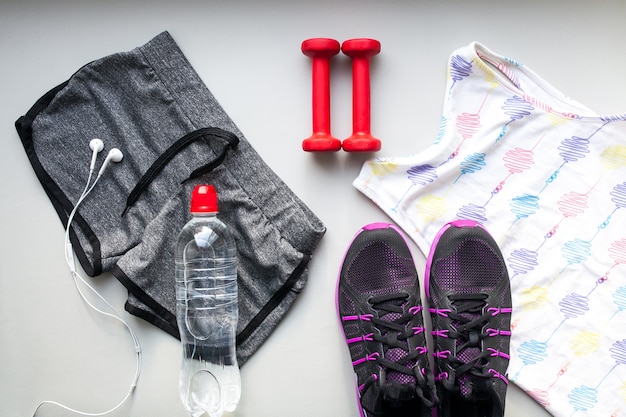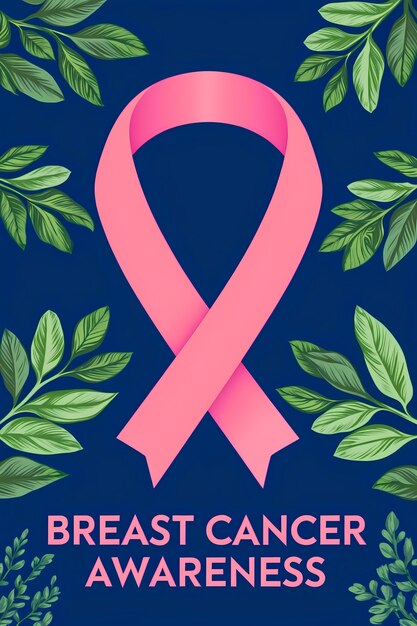
Recovering from addiction is a highly personal and often complex process. Women face unique challenges and societal pressures that make their experience distinct from men.
This article delves into the complex world of addiction recovery for women, highlighting the obstacles, societal pressures, and resilience needed to navigate this challenging journey.
Society tends to judge women with addiction issues more harshly than men. If a woman is a mother, wife, or professional, the stigma can increase feelings of shame and guilt. Women are often expected to keep their emotions and behaviors in check, making it harder for them to seek help without fear of being judged or facing negative consequences in their personal and professional lives.
These societal expectations impact how women are seen and influence their willingness to seek treatment. Changing this narrative is crucial. Promoting a more compassionate and supportive environment that encourages recovery without stigma is essential.
Physical health is vital in the recovery process. For women, addiction can significantly impact their physical well-being, often requiring specific nutritional interventions to restore balance and promote healing. Nutrition plays a crucial role, helping to repair organ damage, boost energy levels, and stabilize mood swings, which are critical for maintaining sobriety.
A balanced diet rich in vitamins, minerals, and antioxidants can greatly aid recovery. Nutritionists and recovery programs increasingly emphasize tailored dietary plans that support the unique physiological needs of women in recovery.
Women are also more likely to face co-occurring mental health issues like anxiety and depression alongside addiction. Addressing both mental health and substance abuse simultaneously is necessary for effective recovery. Therapeutic approaches such as cognitive-behavioral therapy, mindfulness practices, and trauma-informed care help women tackle underlying issues contributing to addiction. These strategies provide coping mechanisms and foster a deeper understanding of their emotional and psychological landscapes.
Community support can be a lifeline in recovery. Women benefit immensely from networks that offer empathy, understanding, and shared experiences. Support groups specifically for women provide a safe space to discuss sensitive topics like domestic abuse, parenting challenges, and societal pressures, which may be difficult to address in mixed groups.
Building a strong, supportive community also involves family and friends who offer love, encouragement, and practical assistance during the recovery process.
Many women in recovery are caregivers, which adds complexity in managing treatment and family responsibilities. Balancing recovery with the responsibilities of motherhood or being a partner can be challenging. Programs offering family therapy, childcare, and parenting classes can be extremely helpful. These services enable women to fully engage in their recovery journey without neglecting their family roles, ensuring a holistic approach to healing.
Choosing a rehabilitation facility that caters specifically to women’s needs is crucial. These facilities should understand the biological and psychological differences in addiction treatment between genders and provide a supportive environment that respects privacy and promotes healing.
When evaluating rehab options, consider centers in various U.S. cities to find the best fit. Cities like Boston, Austin, and Denver have reputable programs. Sometimes, traveling to peaceful locations can be more conducive to healing. California is a popular choice, with San Diego or Newport Beach offering specialized rehab centers for women. This variety enables women to select a facility where they feel most comfortable, optimizing their recovery outcomes.
The recovery journey for women dealing with addiction entails unique challenges requiring targeted approaches and understanding. By addressing the societal, nutritional, emotional, and familial aspects of recovery and ensuring access to supportive and specialized care, we can pave the way for successful long-term sobriety for women. Recovery is not just about overcoming addiction but also about reclaiming a fulfilling and promising life.



